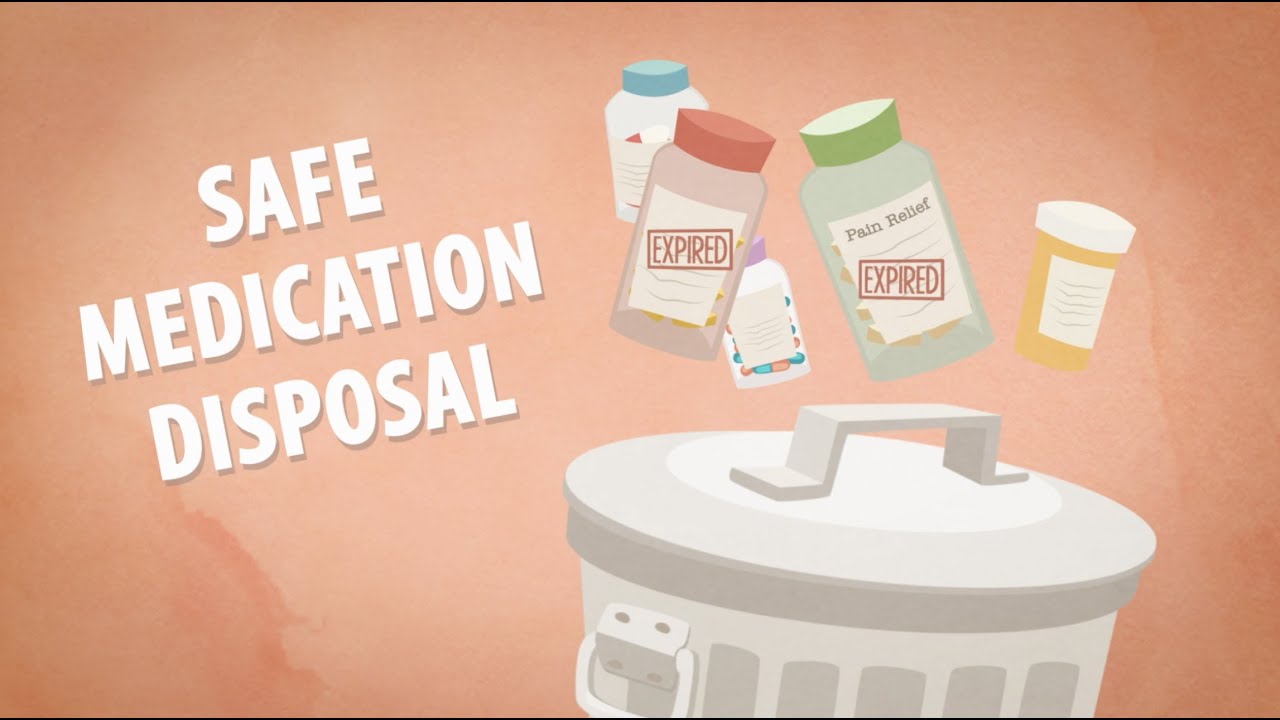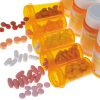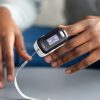- Empty cart.
- Continue Shopping
The Importance of Medication Disposal

Proper medication disposal is a critical aspect of healthcare that often goes overlooked. It involves the responsible and safe disposal of unused or expired medications to prevent potential harm to individuals and the environment.
Preventing Accidental Ingestion
One of the primary reasons for proper medication disposal is to prevent accidental ingestion, especially by children or pets. Leaving unused medications within easy reach can lead to unintended consumption, potentially resulting in harmful effects or even serious medical emergencies.
Avoiding Drug Misuse and Abuse
Improperly disposed medications can end up in the wrong hands, contributing to drug misuse and abuse. This is particularly concerning for prescription medications, which can be highly addictive or have adverse effects if not taken as directed by a healthcare professional.
Protecting the Environment
Flushing medications down the toilet or throwing them in the trash can lead to environmental contamination. Some substances can persist in water supplies, affecting aquatic life and potentially entering the food chain. Proper disposal methods help safeguard our ecosystems.
Reducing the Risk of Overdose
Expired or unused prescription medications may not be as effective or safe as they once were. Taking medications that are no longer potent or appropriate for your condition can lead to ineffective treatment or even overdose. Proper disposal ensures that expired medications do not end up in the wrong hands.
Promoting Responsible Healthcare Practices
Proper medication disposal is part of being a responsible healthcare consumer. It demonstrates an understanding of the potential risks associated with unused or expired medications and a commitment to safeguarding the health of individuals and the environment.
Ways to Dispose of Medications Safely
- Pharmacy or Take-Back Programs: Many pharmacies and healthcare facilities have medication take-back programs where you can safely drop off unused or expired medications for proper disposal.
- Community Take-Back Events: Local authorities or organizations may organize events for medication disposal. These events provide a convenient and responsible way to dispose of medications.
- Mail-Back Programs: Some regions offer mail-back programs, where individuals can request prepaid mailers to send their medications to authorized disposal facilities.
- At-Home Disposal: If no other options are available, you can dispose of most medications at home. Mix them with an undesirable substance like used coffee grounds or cat litter and place them in a sealed container before throwing them in the trash.
- Do Not Flush: Avoid flushing medications down the toilet, as it can contribute to water contamination.
Conclusion
Proper medication disposal is a crucial component of responsible healthcare practices. It helps protect individuals, particularly children and pets, from accidental ingestion, prevents drug misuse and abuse, and safeguards the environment from potential harm. By following recommended disposal methods, we can collectively contribute to a safer and healthier community. Remember, always check with local authorities or healthcare providers for specific guidelines on medication disposal in your area.








